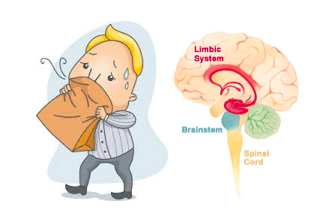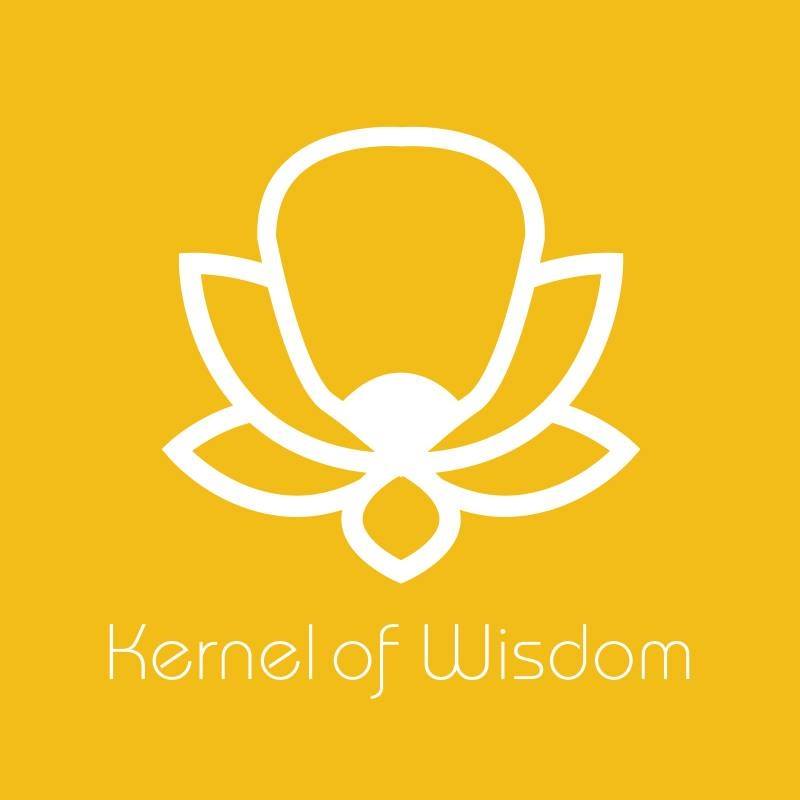
Tips & Tools
Managing your anxiety
Finding a Path Through the Weeds of Anxiety

 Written by Joelle Anderson, MA, RP, CCC
Written by Joelle Anderson, MA, RP, CCC
Anxiety... it’s a term we hear more and more about these days. But what does it really mean to suffer from anxiety and, what can you do about it?
Anxiety is a complex, multifaceted pattern involving biological, psychological, social and individually-specific responses to the environment. Given the complexity of anxiety, know that it is something that happens TO an individual rather than it is something within their control.
Here is what might be happening to someone experiencing anxiety. First, your brain perceives something in the environment to be a “threat”. What we perceive as threatening is, usually, automatically conditioned - based on past experiences, social learning, and/or one’s biological sensitivity to certain triggers or even how intensely they feel emotions or perceive triggers in general.
Plus, whether the threat is “real” or not doesn’t really matter. Once triggered, the brain fully believes the threat is real. This automatic, anxious response kept our ancestors safe for thousands of years. In fact, many theories suggest that anxiety may have been an evolved, adaptive response. Those who were more anxious were more cautious and, therefore, more likely to survive long enough to pass on their genes.
 In any case, once triggered, our next responses are even more outside our control. The brain’s limbic system (the ancient, animal-like, instinct-driven part of our brain) is programmed to react. The amygdala (an almond-shaped structure that forms part of the limbic system) sends our body into flight/fight/freeze mode. First, we try to “get away” (mentally or physically) from the threat. This is why the most common response to anxiety is avoidance (“flight” mode). But, if fleeing isn’t an option (either in the moment, or if we have learned over time it doesn’t work) we might become aggressive or irritable (“fight” mode). Or, if neither flight nor fight seem like good options, we might numb out, withdraw emotionally or physically, or even end up really sad or depressed (“freeze” mode). These processes are not only incredibly instinctual, and therefore very difficult to avoid, but once activated the limbic system essentially turns “off” the more modern, rational part of our brain (our cerebral cortex). This further limits our ability to reframe the perceived threat, and use reason to reduce anxiety.
In any case, once triggered, our next responses are even more outside our control. The brain’s limbic system (the ancient, animal-like, instinct-driven part of our brain) is programmed to react. The amygdala (an almond-shaped structure that forms part of the limbic system) sends our body into flight/fight/freeze mode. First, we try to “get away” (mentally or physically) from the threat. This is why the most common response to anxiety is avoidance (“flight” mode). But, if fleeing isn’t an option (either in the moment, or if we have learned over time it doesn’t work) we might become aggressive or irritable (“fight” mode). Or, if neither flight nor fight seem like good options, we might numb out, withdraw emotionally or physically, or even end up really sad or depressed (“freeze” mode). These processes are not only incredibly instinctual, and therefore very difficult to avoid, but once activated the limbic system essentially turns “off” the more modern, rational part of our brain (our cerebral cortex). This further limits our ability to reframe the perceived threat, and use reason to reduce anxiety.
So, given how automatic all of this is - what can someone DO about anxiety?
First, it can really help to simply accept that anxiety is a normal part of life that may be really uncomfortable, but it won’t hurt you. Once you can accept anxiety, one can at least stop getting anxious about being anxious - which allows the initial anxiety to pass with time. Instead, see if you can focus on physical relaxation of breath and muscles. This signals to the brain that the threat has passed, and can reduce the anxious response from the amygdala.
Still - learning how to relax and not react to anxiety is where more skill is often needed.

To support this, there can be a slew of options. Realistically, more and more research shows that mindfulness meditation can really help many people with the anxiety, but it’s also not for everyone. Some people speak to their family doctor about medications, which can help reduce or limit the initial response at its source. However, again, medication isn't for everyone. There can be side effects and not everyone responds to medication, and some people are downright uncomfortable taking a daily pill.
So, other options are cognitive and/or behavioural therapies that can help. This can be done with or without the support of a therapist. A few types of therapy with a lot of evidence supporting their efficacy are Cognitive Behavioural Therapy (CBT), Dialectical Behavioural Therapy, Acceptance and Commitment Therapy (ACT), or Mindfulness Based Cognitive Therapy. There are lots of self-help books available online, such as Mind Over Mood, The Dialectical Behavioural Therapy Skills Workbook, or The Mindful Way through Anxiety. Or you can hop on Google, or Psychology Today, or speak to your doctor for a referral to a local therapist who works in one of these modalities and who can help teach you skills, or even just help keep you accountable to change.
*Not sure how to choose the right therapist for you? Joelle has tips on this as well.*
Whatever you choose, remember, anxiety might be something that you live with, but that doesn’t mean it has to be something you suffer with.
 Joelle is a Registered Psychotherapist and Counsellor, as well as a trained mindfulness coach and the founder of Kernel of Wisdom. She offers online and in-person support, for both adolescents and adults. While Joelle specializes in eating disorder treatment, she is backed with over five years experience working in various areas of mental health and and therapeutic fields. If you wish to learn more or are interested in getting in touch with Joelle, you can email her at [email protected] or reach her by phone at 647-880-7118.
Joelle is a Registered Psychotherapist and Counsellor, as well as a trained mindfulness coach and the founder of Kernel of Wisdom. She offers online and in-person support, for both adolescents and adults. While Joelle specializes in eating disorder treatment, she is backed with over five years experience working in various areas of mental health and and therapeutic fields. If you wish to learn more or are interested in getting in touch with Joelle, you can email her at [email protected] or reach her by phone at 647-880-7118. - All
-
29 Nutrition
Nutrition
- 73 Mindfulness and Relaxation
- 27 Student Life
- 8 Exercise
- 51 Treatments & Therapies
- Anxiety Resources

Don't see what you're looking for? Send us an email!
©Copyright 2024 Cam’s Kids powered by Kids Help Phone
Not-for-Profit Organization. B/N: 921508-5
Thanks for visiting Cam's Kids. Please remember...
Cam's Kids is not a service provider.
If you are in crisis, please call 911 or go to your nearest emergency department. For free, confidential counselling, contact Good2Talk or Kids Help Phone.
Post-secondary students: find your local crisis resource here.

